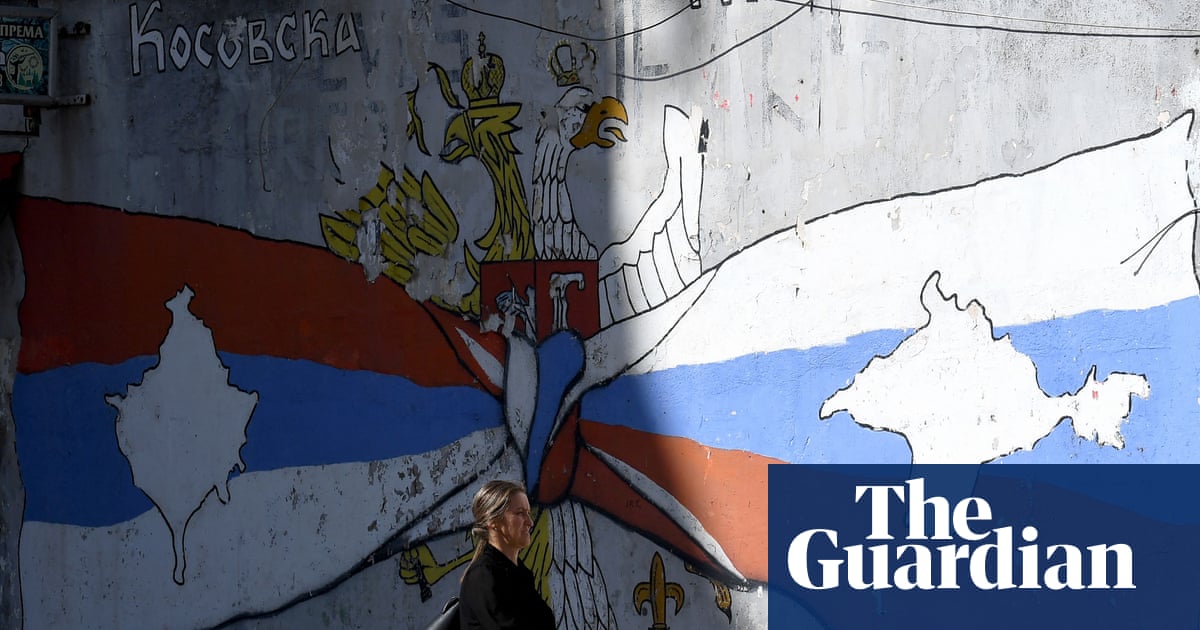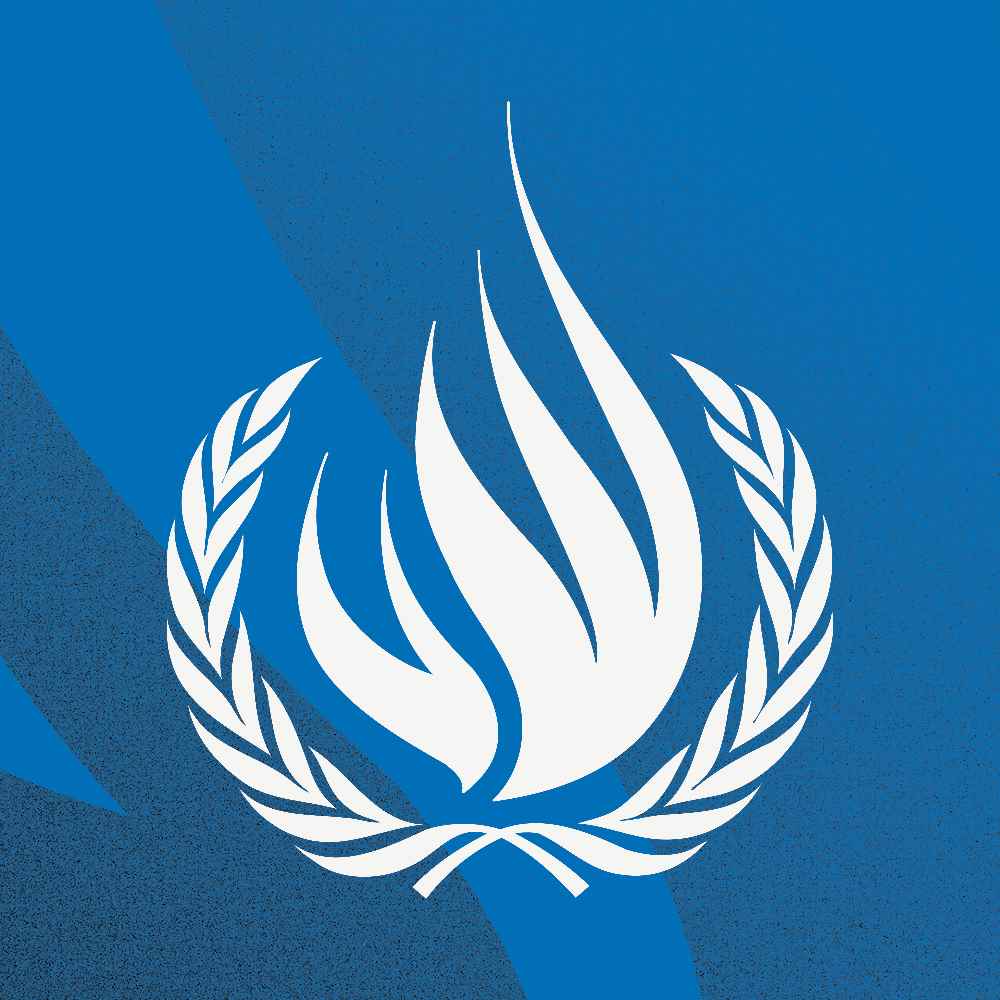
These are extraordinary times. The coronavirus used to be something that was happening far away in China or maybe South Korea.
It had big ramifications for the global economy because China is such an important part of the world supply chain. Factories across the globe had to manage without important spare parts. Some of them had to reduce their hours of operations, while others had to close down. The first ones were Hyundai sites in Korea.
Fewer goods being shipped resulted in less oil consumption, which was reflected in a continuously weakening oil price.
The virus spread to other east Asian countries and then hit Iran with full force. Still, it was far away from Europe and the US and even the Gulf Cooperation Council (GCC) countries.
Saudi Arabia closed its borders to some neighbors a week ago and suspended all international flights later in the week. The Kingdom is probably one of the best-prepared countries in as much as pandemic protocols were already in place for the Hajj and Umrah pilgrimages.
The virus spread quickly to Europe, with Italy fast-becoming the new hotspot for the COVID-19 disease. Spain, France, Germany, Austria and Switzerland were badly affected. Some regions and even whole countries went into lockdown.
On Monday last week, the impact of the virus started to hit equity markets with full force. The crash was also fueled by the inability of OPEC to reach agreement with Russia to curb oil production by a recommended 1.5 million barrels per day (bpd) above and beyond the 2.1 million already in place through March 31.
The war for market share was on, with Saudi Arabia aiming to pump 12.3 million bpd while announcing hefty discounts to several countries.
The Dow Jones was down some 15 percent between Monday’s market opening and its lowest point on Thursday, not helped by US President Donald Trump’s ban on flights to and from Europe. The oil price was in freefall. Brent temporarily lost 30 percent, its steepest decline in history. Friday’s rally, after Trump announced emergency relief measures, was astounding. While the index was up 8.7 percent on the day closing at 23,186, the exuberance was short lived.
As more countries went into lockdown and closed their borders, it dawned on the general public and investors alike that this was no ordinary economic downturn. It could not even be compared with the 2008 financial crisis or 9/11. It compares more to a wartime emergency.
Until last weekend many economists contemplated a V-shaped recovery, the question being how deep the valley would eventually be.
We are now faced both with a supply side shock from collapsing supply chains and a demand side shock resulting from reduced ability to consume, travel or go out. The emerging consensus is that we will see a U-shaped curve with an extended trough, if not a downward-sloping hockey stick.
The interest rate cuts of 50 basis points by the Bank of England and the US Fed in the preceding weeks did not take. In the face of closed cities, nations and borders, nothing seems to help.
Many governments have announced relief packages for small- and medium-sized companies. Airlines have been particularly hard hit. UK budget carrier Flybe went under. Other low-fares airlines operating on small margins may be next. Alex Cruz, the CEO of British Airways, warned that unless the government came to the rescue of many airlines, the industry faced decimation on an unprecedented scale.
Over the weekend central banks sent in the cavalry: The US Fed reduced rates by 100 basis points to zero and announced a stimulus package of $700 billion. It also struck a deal with five other central banks, the European Central Bank (ECB), the Bank of Canada, the Bank of England, the Bank of Japan and the Swiss National Bank to lower their rates on currency swaps in order to keep the financial markets functioning normally.
While the Bank of Japan will hold its base rate steady it will double its purchases of ETFs (exchange-traded funds). Australia, New Zealand, and Korea’s central banks also lowered rates and poured cash into the system.
On Thursday, the ECB announced 120 billion euros of bond purchases. ECB chief Christine Lagarde also urged member countries to provide the necessary fiscal stimulus. Less than a decade on, we are again faced with another eurozone crisis.
With the FTSE 100 down 6.4 percent and the STOXX 600 by 8.1 percent by mid-morning on Monday, none of the measures would have appeared to have worked. The trend followed a brutal day in Asia where the Nikkei 225 and the KOSPI lost 5.6 percent and 5 percent respectively.
So, what lessons can we draw: We are in an unprecedented health care crisis spanning the globe. The world has not seen anything like this since the Spanish flu epidemic at the beginning of the last century. Most countries will hunker down, resulting in further demand and supply shocks.
Apart from the US Fed and the Bank of England, central banks had been too slow to raise rates and shrink their balance sheets in the aftermath of the 2008 financial crisis. The ECB and others even kept on purchasing paper. Now, central banks lack the policy tools to address this crisis.
Countries with more conservative fiscal regimes may be better placed, because they have the budgetary wherewithal to combat the current situation.
Those nations that kept investing in health care systems will benefit more than the ones where either austerity or a libertarian approach decimated them – the UK and the US spring to mind.
As countries hunker down and close their borders, this will be yet another baptism by fire for the EU and the eurozone.
The oil price will matter to most GCC economies. Aramco invests between $12 billion and $14 billion a year to ensure production. Reducing capital expenditure by 25 percent will not endanger its ability to pump, alas it is still unprecedented that the company invests so much less in future production.
Saudi Vision 2030, which is crucial to providing jobs for the Kingdom’s young population, will not be shelved, but it will go ahead more slowly, which is a pity. Just one example: No international air travel results in no foreign tourists — a real shame for the fledgling tourism sector.
There is one more thing. In the drive for efficiency and shareholder value, companies were encouraged to keep stocks of spare parts to a minimum. Just-in-time delivery was the name of the game. We may have to revisit that, and things may have to change, especially when it comes to vital goods such as medicines.
One thing is for certain, nothing will be as it was for some time to come.
• Cornelia Meyer is a business consultant, macro-economist and energy expert. Twitter: @MeyerResources












